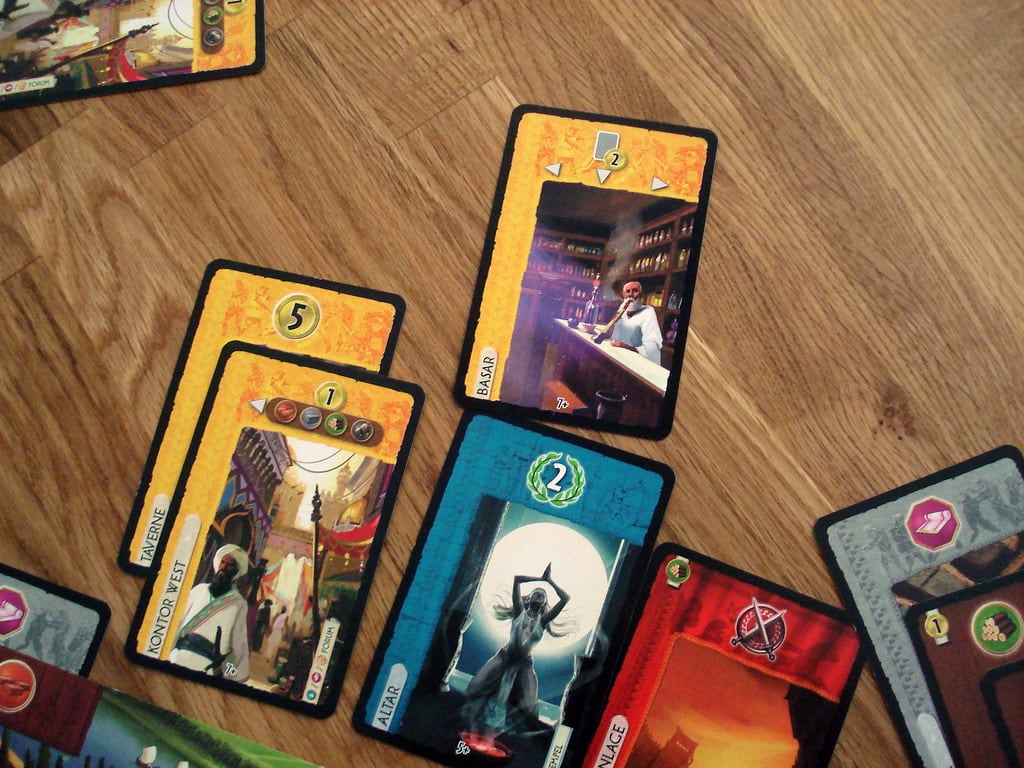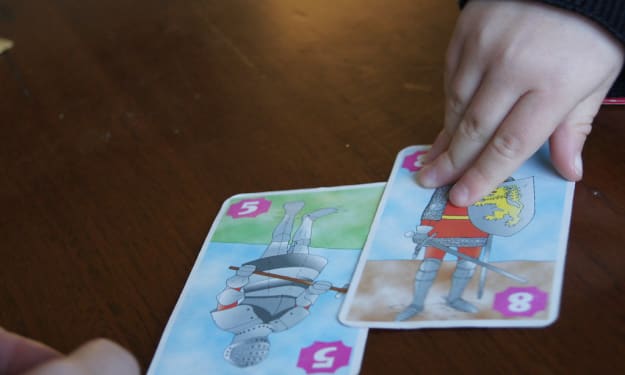What Do Card Games Teach You?
Card games have been around for centuries and have been enjoyed by people of all ages and cultures. Besides being a source of entertainment, card games teach valuable lessons that can be applied to everyday life.

Card games have been around for centuries and have been enjoyed by people of all ages and cultures. Besides being a source of entertainment, card games teach valuable lessons that can be applied to everyday life. Some of the important skills that can be learned through playing card games include decision-making, problem-solving, mathematics, concentration, patience, observation, social interaction, sportsmanship, and teamwork.
One of the key skills that card games teach is decision-making. Players are required to make several decisions while playing a game of cards. These include which cards to keep and which to let go, when to play a particular card, and when to fold or call. These decisions require critical thinking, weighing the risks, and making calculated choices. This skill is useful not only in the game but also in real life situations.
Card games also require problem-solving skills. Players have to strategize to win the game, anticipate their opponent's moves, and think ahead. They have to adapt to changing situations and come up with solutions to overcome obstacles. These skills are useful for handling challenges in real-life situations, from academic to professional settings.
Mathematics is also an important aspect of card games. Players use basic math skills such as counting, addition, subtraction, and multiplication to calculate points and scores. They also use probability and statistics skills to determine the likelihood of certain cards appearing in the game. These math skills are essential for everyday life, from managing finances to making informed decisions.
Playing card games requires concentration, focus, and attention to detail. Players have to keep track of the cards played, the ones remaining, and remember the moves made by their opponents. This requires a sharp memory and good observation skills. These skills are not only handy in games but also in real life situations, such as academics and professional settings.
Patience is another important skill that card games teach. Some games require players to wait for their turn, or for the right cards to appear. Players need to learn to be patient and not give in to frustration or impatience. This is a valuable life skill that helps individuals deal with delays or setbacks in any situation.
Observation is also an essential skill that can be honed through card games. Players need to observe their opponents, their facial expressions, and body language to guess what cards they hold. This requires keen observation skills and the ability to interpret nonverbal cues. Observational skills are useful in everyday life, especially in professions such as law enforcement and psychology.
Card games are a social activity that require interaction with other players. Players learn to communicate effectively, listen to others, and respect differing opinions. They also learn to develop empathy and recognize the feelings and emotions of others. These social skills help in building lasting relationships and creating a harmonious society.
Sportsmanship is an important aspect of playing card games. Players need to learn to accept defeat gracefully, without getting angry or upset. They also need to learn to win with humility and not boast about their victories. These traits are essential for developing a respectful attitude towards others, and for avoiding conflicts in any situation.
Teamwork is another important skill that card games teach. Some games involve playing in teams, where players have to work together to achieve a common goal. Players learn to communicate effectively, respect different roles, and cooperate with others. These skills are essential for success in any team setting, whether in academic, professional, or personal life.
In conclusion, card games are a valuable tool for teaching life skills that are essential for a successful and fulfilling life. These skills include decision-making, problem-solving, mathematics, concentration, patience, observation, social interaction, sportsmanship, and teamwork. As an entertaining and enjoyable activity, card games provide a fun way of learning and sharpening these skills. Players of all ages and backgrounds can benefit from playing card games, as they provide a forum for developing valuable life skills while having fun.
About the Creator
Mariah Pearees
As a born and raised Indian who recently landed in Italy, I am your go-to person for all things culture. I am addicted to exploring the diverse nuances of different societies and their unique expressions of art, music, and literature.






Comments
There are no comments for this story
Be the first to respond and start the conversation.